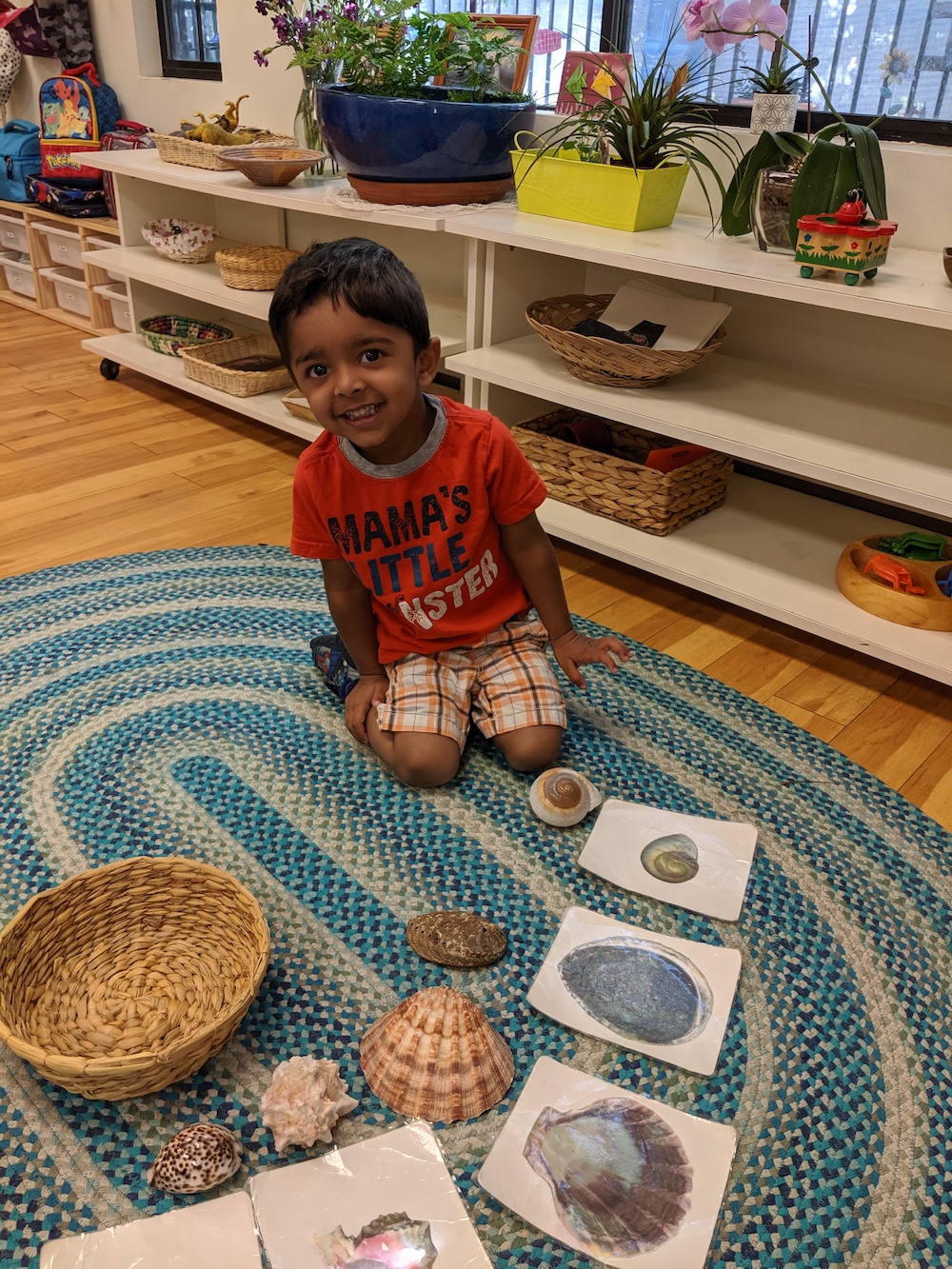(858) 759-0631
We are frequently asked ‘Are Montessori students more successful?’ but are we more successful than who? More successful how? How do we define success?
There are many ways to create an environment that assists children to become more successful.
Historically, the Montessori Method builds freedom, responsibility, and empowerment primarily through:
- individualized learning at one’s own pace and under the caring guidance of a highly credited teacher
- learning via peers where kids are placed in groups via an age range rather than in one same age grouping
- learning by doing by oneself without interference
- learning softer skills like problem solving and creativity
- learning two languages at once, and
- thorough progress reports but no homework, no tests, and no grades.
The Otis-Lennon standardized test is not administered until fourth grade. Private schools, public schools, and faith-based schools have different curricula, and, traditionally high-income neighborhoods have better math and verbal scores than lower-income neighborhoods.
So, it’s difficult to answer this question. And, as you’d guess, how do you quantify this to a parent visiting your facility for the first time?
When thinking about how Montessori schools create successful students, teachers ask, ‘Are they more successful than other kids their age?’
Surely, Montessori graduates create an impact on our daily lives. From the artists, Beyonce and Taylor Swift, to Google founders, Sergey Brin and Larry Page, the type of thinking that the Montessori Method provides early on carries with it lifelong pathways to learning and success.
So, are Montessori students more successful? Indeed, yes! The Montessori Method is used as a learning tool that gives students a backdrop of reasoning, thinking, learning, freedom, responsibility, and empowerment that will serve them well throughout high school and college. Montessori teachers guide their students with tools to be more successful by doing it themselves. As a result, students become self-learners with a core set of social and intellectual skills.

